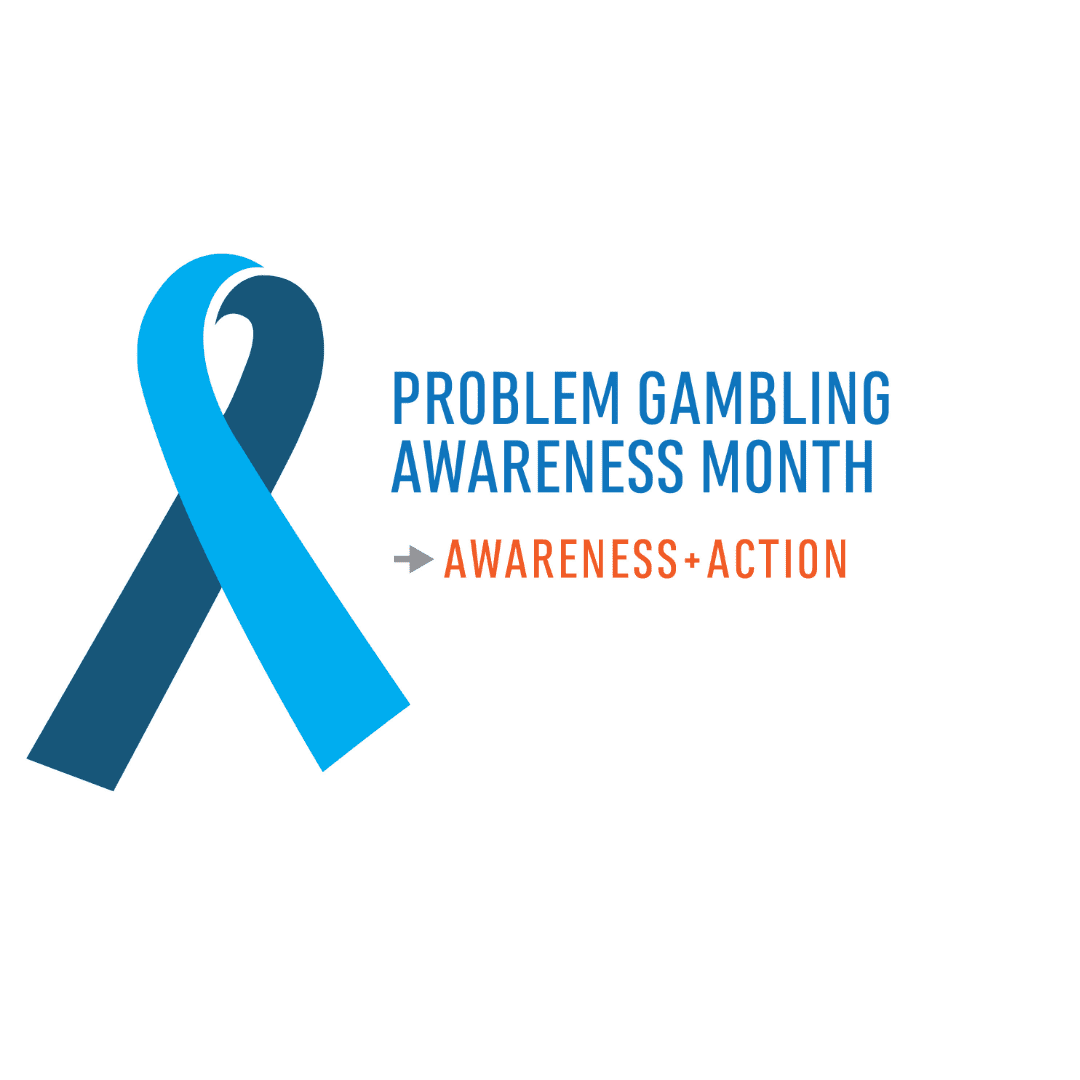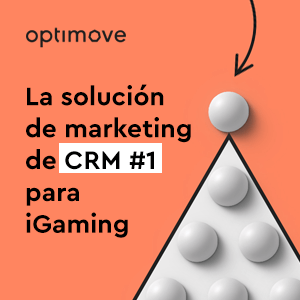Zona de Azar UK – Problem Gambling Awareness Campaigns Must Include Funding For Treatment
 UK.- November 24th 2021 www.zonadeazar.com Millions of dollars get poured into problem gambling awareness campaigns. The NFL launched a problem gambling awareness campaign through a $6.2 million partnership with the National Council on Problem Gambling (NCPG). The NCPG also promotes problem gambling month during March that includes screening events and a media push for problem gambling awareness.
UK.- November 24th 2021 www.zonadeazar.com Millions of dollars get poured into problem gambling awareness campaigns. The NFL launched a problem gambling awareness campaign through a $6.2 million partnership with the National Council on Problem Gambling (NCPG). The NCPG also promotes problem gambling month during March that includes screening events and a media push for problem gambling awareness.
At a glance, it looks like the gaming industry is on top of problem gambling prevention.
“Our research would suggest that over 80% of past-year gamblers are aware of the industry-provided responsible gaming measures,” Casey Clark, Senior Vice President of the AGA, told Gaming Today.

He notes the rate of problem gambling has remained at a steady 2-3% even as legal gambling has expanded across the United States.
“That doesn’t mean that we can let our foot off the gas,” Clark said. “Our goal is to make sure that everyone who’s doing this is doing this in an informed way, and they’re treating this like entertainment.”
However, the new era of mobile sports betting and igaming requires a new approach to problem gambling awareness. Awareness is no longer enough. Future awareness campaigns must include funding problem gambling and gambling addiction treatment at the local and state levels.
What Is Problem Gambling?
Problem gamblers exist on a wide spectrum that often makes them hard to detect. Many simply gamble too much and strain responsible budgets. But others may be responsible gamblers whose gambling negatively impacts other areas of their lives.
“For instance,” Dr. Mark Griffiths, Distinguished Professor at the University of Nottingham Trent said, “if you’ve got a partner who’s anti-gambling and believes that any gambling that you’re doing is problematic because it’s taking money out of the household, that could be considered problem gambling by some definitions. But it certainly would be nothing to do with addictive or pathological gambling.”
Problem gambling is broadly considered to be any type of gambling that negatively impacts one or more areas of a bettor’s life. So, stakeholders who want to intervene in problem gambling must be specific about what they’d like to address. For example, encouraging someone to bet within a budget requires a different approach than discouraging a gambler from engaging in the activity during the workday.
The Limits Of Responsible Gaming Tools
Sports betting apps include player-controlled tools to help gamblers maintain responsible deposit, wager, and time limits. The reality, however, is these tools are used more often by responsible gamblers than those with problems.
“Once you’re actually engaged in problem gambling, it’s kind of too late in terms of the limit-setting,” Dr. Griffiths said. “You should be using limit-setting at the at-risk stage so you’re not developing problem gambling in the first place.”
The more effective way to help problem gamblers is through professional counseling and treatment.
There are great treatment options available. Tools like motivational interviewing can convince problem gamblers they need to change. Therapies like cognitive behavioral therapy can change underlying beliefs that facilitate problem gambling over time. However, none of those interventions matter if problem gamblers lack access to them.
Underfunded Problem Gambling Treatment
Although the rate of problem gambling remains steady, the number of problem gamblers is growing. As legal gambling expands, the sheer number of bettors who will succumb to problem gambling and gambling addiction will increase.
There’s early evidence of this increase already. Pennsylvania and New Jersey have seen more calls to their problem gambling hotlines in the wake of sports betting legalization and online gaming expansion. Colorado’s calls to the national problem gambling helpline increased 35% after the state legalized mobile sports betting.
The best way to intervene in problem gambling is to increase access to treatment, and that requires funding and coordination from the public and private sectors.
Funding Counselors On The Ground
When problem gamblers call the problem gambling helpline, often it’s to be redirected to therapy or a Gamblers Anonymous support group. However, those helpline calls offer little help if there are no counselors or GA groups available.
For example, Colorado has seven licensed gambling addiction counselors, six of whom hold the certifications considered the gold standard in gambling addiction. That is an unsustainable shortage of specialists serving a mobile sports betting market that generated $2.3 billion in handle online.
Solutions To Counselor Shortages
Each part of the gambling industry can play a role in increasing access to counselors.
“If I was the head of the American Gaming Association,” Steve Brubaker, gambling lobbyist said, “my directive to all of these guys who are trying to pass bills to expand gambling around the country would be, ‘Put money in these bills for problem gambling.’”
The AGA has the ability to push for increased problem gambling funding in states that have already legalized sports betting and igaming, as well as in emerging markets where betting legislation is being written.
State governments can also encourage more counselors to cross-train and become licensed problem gambling counselors. Each state has an organization that oversees counseling certifications. Problem gambling counselors must understand not only how to treat addiction, but also the specifics of problem gambling and gambling addiction. State incentives to cross-train could ease the load on a state’s shortage of counselors.
Sportsbooks could experiment with new design options to encourage problem gamblers to use existing responsible gaming tools. A popup that detects problem gambling behavior could prompt an at-risk gambler to set limits. Sports betting technology has the capability to pause betting for gamblers suspected of problematic play. Direct intervention bypasses the denial that problem gamblers experience before hitting rock bottom.
Treatment must become the gambling industry’s primary problem gambling investment. Funding for cross-training problem gambling counselors would increase the available treatment for people calling the national helpline. The gambling industry’s approach to reaching problem gamblers must evolve alongside its growing business.
Edited by: @MaiaDigital www.zonadeazar.com








































